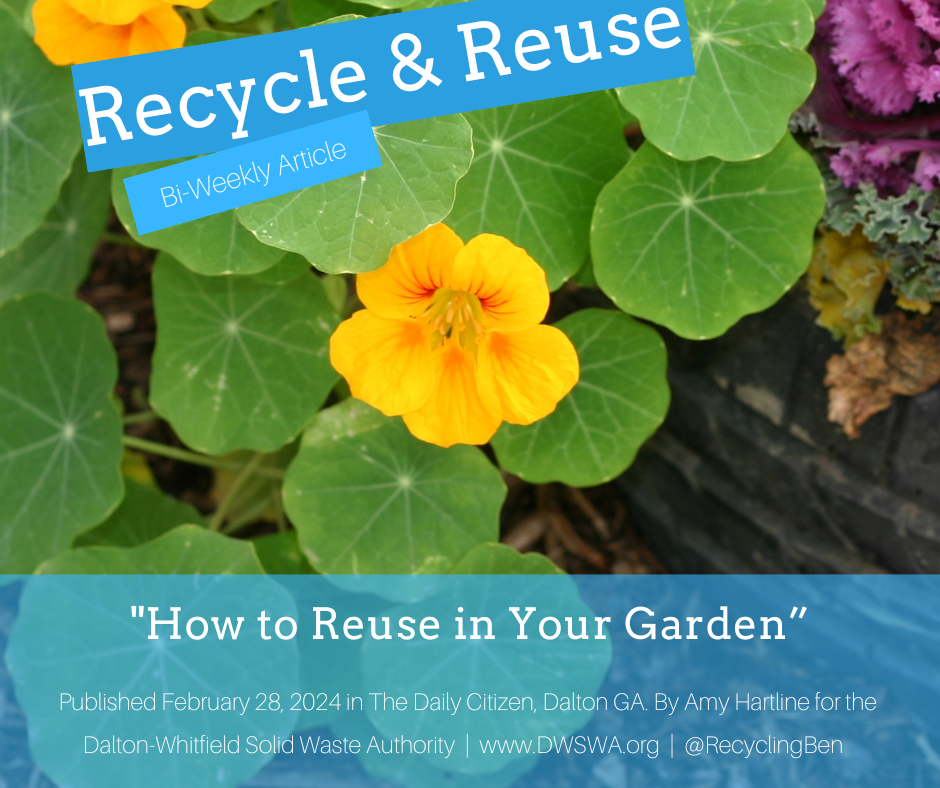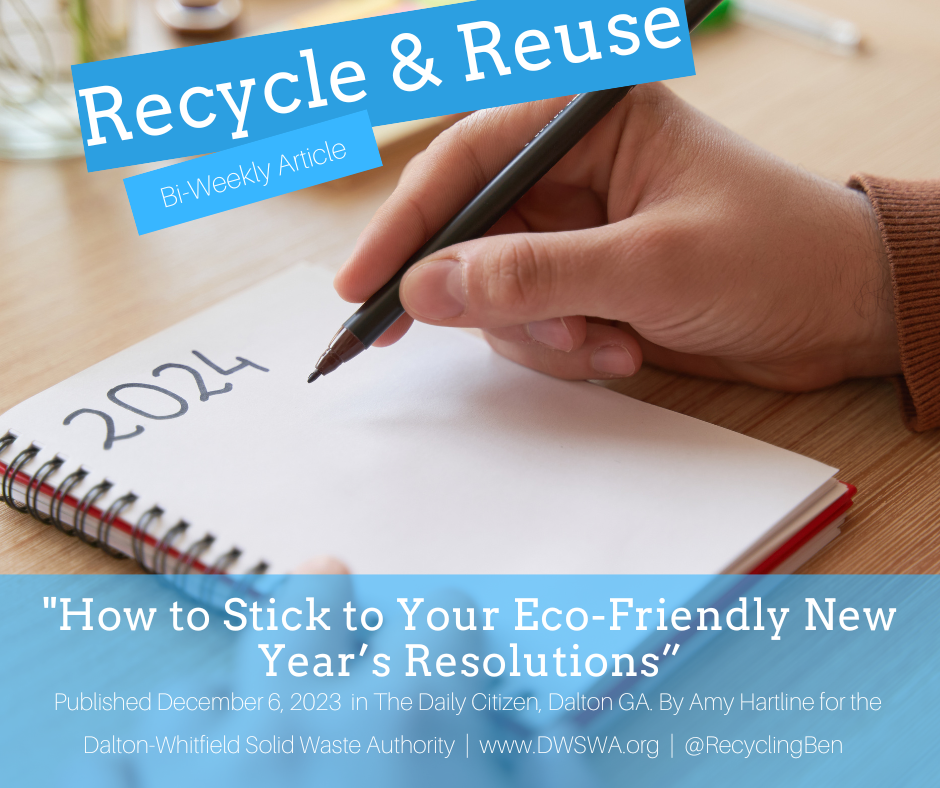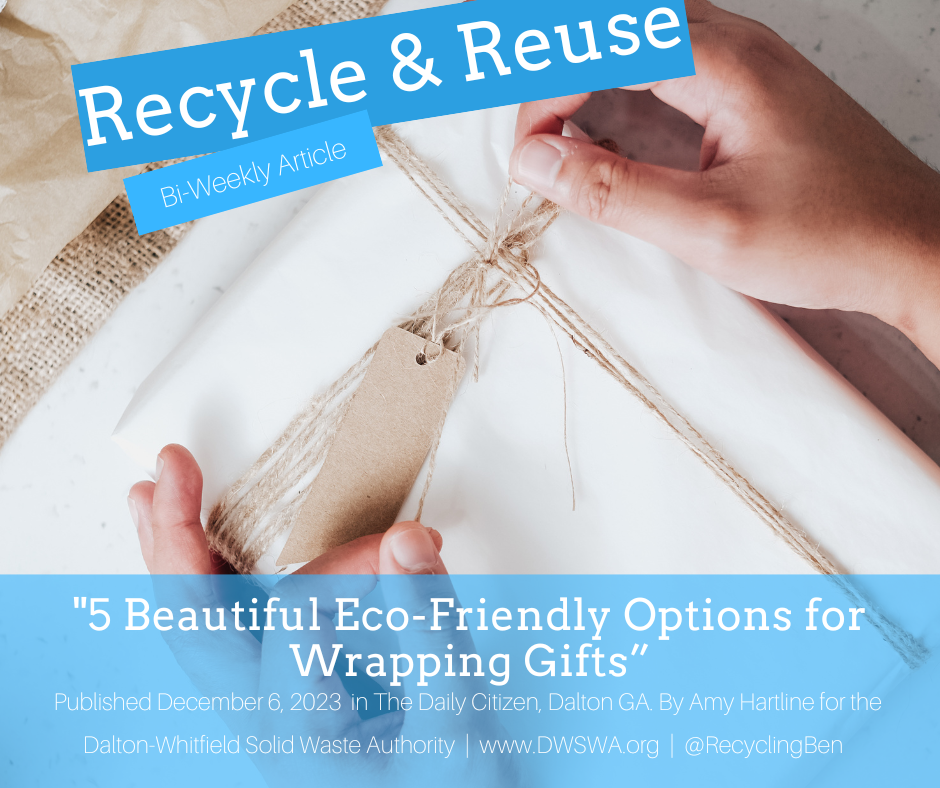Green tips for your pets
/During our period of self-isolation, I added a new furry member to the family: A 1-year-old cattle dog mix named Charlotte. Charlotte is my very first dog so I had to learn quickly how to best take care of her. We all want the best for pets, but their impact on the environment shouldn’t be discounted just because we love them. You can have pets and live sustainably, too. There are a few, simple green behaviors and swaps you can make to limit their impact.
• Green their toys. For longtime pet owners it can be a delicate balance between not being wasteful when buying toys and still keeping their pets engaged. Try to buy toys made from more sustainable materials first such as wood, bamboo or cotton. You may have noticed a recent uptick in products made from bamboo. It has taken off in recent years because it requires little water to thrive and can be harvested without killing the plant itself, unlike trees. Unfortunately, this trend has not yet hit pet toys in a big way. There are options for bamboo toys at Wagging Green Pet Shop or For Mew Shop. In a typical pet store, look instead for non-plastic options such as the traditional rope or fabric tug toys.
If you have some old T-shirts laying around after spring cleaning, you can make your own toy with reuse crafting. You can create a “snuffle mat” for dogs by tying strips of the shirts to a plastic sink mat. Hide treats in the mat and let your pup have fun sniffing them out. With a cardboard tube, rope and some catnip you can create your own cat scratcher. These upcycled toys help cut down on the plastic waste associated with pet toys and help save you money!
• Green their waste. Stepping on a pile of dog waste is a cartoon classic, but it isn’t just gross, it can lead to major pollution problems in our streams and rivers. Jon Devine of the National Resources Defense Council warns of the problems their waste can cause: "It also contains nitrogen and phosphorus, which contribute to slimy and sometimes toxic algae outbreaks." You may have heard of the algae in a Texas lake, Lady Bird Lake, killing multiple dogs. They now believe the algae was caused by contaminants from large amounts of dog waste flowing into the lake. Being irresponsible with your dog’s waste can lead to the loss of someone else’s beloved pet.
When you do pick it up, try going one step farther and use waste bags made from plant-based materials. These are preferable to petroleum-based bags however as they are not created with a finite resource. Now that stores are limiting the use of reusable bags you can also reuse some of those plastic bags you may have at home.
For cat owners, look at switching your litter. Sodium-bentonite is the most common material in cat litter. This material has some large environmental concerns based on the use of strip-mining for the material. There are multiple other options made from wood, corn, wheat and paper that are much more sustainable.
• Green their grooming. Ticks and fleas are a common problem for pet owners in this area. To keep the problem at bay without toxic ingredients regularly wash their beds with regular soap and water. Try to avoid products that contain imidacloprid and dinotefuran when bathing. These ingredients have been shown to harm pollinators and potentially human health. Look instead for products with s-methoprene or pyriproxyfen, use flea combs and citrus-extract based products for prevention.
Cat owners should look at investing in a “cat bib,” recommended by the University of Georgia Kitty Cams program. While it may make your cat look a little funny, it will majorly help protect our local avian wildlife. Outdoor cats kill approximately 2.4 billion birds every year in the United States. They are the source of more wildlife death than wind turbines. Using a cat bib can allow your cat to roam outside without endangering the small animals they may come across.
There are multiple small and easy adjustments you can make to create a more eco-friendly pet without having to sacrifice their happiness or your sanity. Start small by making just one of these changes today or the next time you step into a pet store.
Amy Hartline is the recycling and education program coordinator for the Dalton-Whitfield Solid Waste Authority. Have a recycling question? Contact her at (706) 278-5001 or at ahartline@dwswa.org.
































